Standard Mental Health First Aid Course
The Standard Mental Health First Aid course is the original MHFA course delivered over 12 hours, either: A 2-day training package (6 hours per day), 4 separate modules (3 hours each) or Online.
Wellbeing Campus deliver the Mental Health First Aid Course across Melbourne and Australia.
Online MHFA Course
This is an online program, delivered in two parts:
A self-directed e-learning component
Followed by 2 x 2.5-hour interactive Zoom online workshops
Community Course is focused on developing skills to have MHFA conversations with members of the community.
Workplace Course is focused on MHFA conversations in a workplace context.
What the course covers:
You'll learn skills to identify signs and cues of common mental health issues. Additionally, you'll learn how to offer initial support through a mental health conversation, effective communication in a non-judgemental approach, and how to connect individuals with expert support. Additionally, we will skill you with how to provide immediate aid during critical mental health situations.
Developing Mental Health Problems Covered
Depression
Anxiety
Psychosis
Substance use problems
Mental Health Crisis Situations Covered:
Suicidal thoughts and behaviours
Non-suicidal self-injury (deliberate self-harm)
Panic attacks
Traumatic events
Severe effects of drug and alcohol misuse
Severe psychotic states
Aggressive behaviours
Why Mental Health First Aid?
Mental Health First Aid is an information course that equips participants to provide support in various settings, including workplaces, communities, and educational institutions. Here are some key reasons why mental health first aid is essential:
Early Intervention: Just as physical first aid helps address injuries quickly, mental health first aid helps you to recognise early warning signs. Early intervention can prevent problems from escalating.
Reducing Stigma: Mental health first aid helps break down the stigma surrounding mental health. By educating people about common mental health conditions and teaching them how to offer support, we can create a more compassionate and understanding community and encourage help seeking.
Community Support: Communities that have individuals trained in mental health first aid can respond effectively if someone is experiencing a decline in mental health or in crisis.
Connecting Care: It complements traditional mental healthcare by providing initial assistance while connecting individuals to professional help when necessary.


